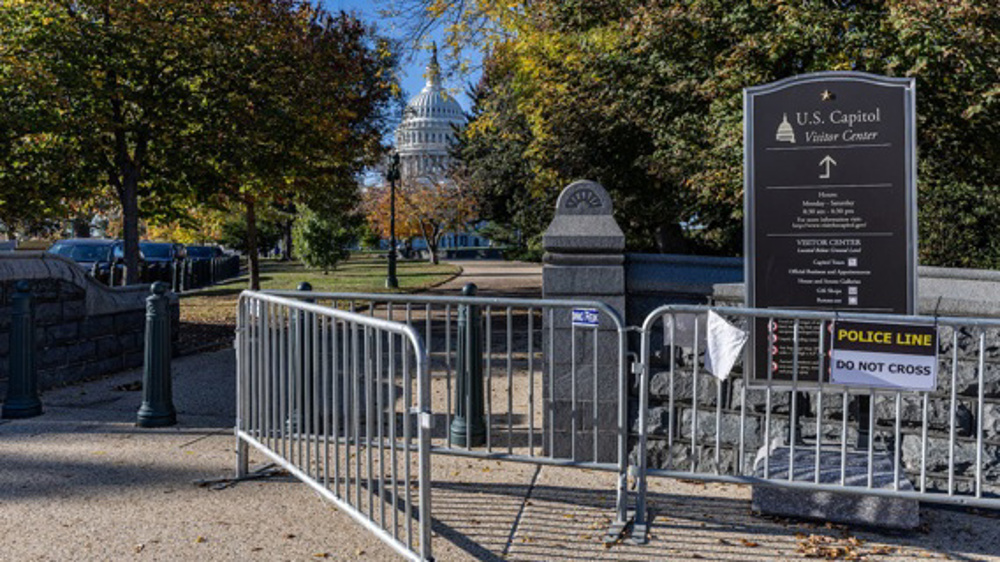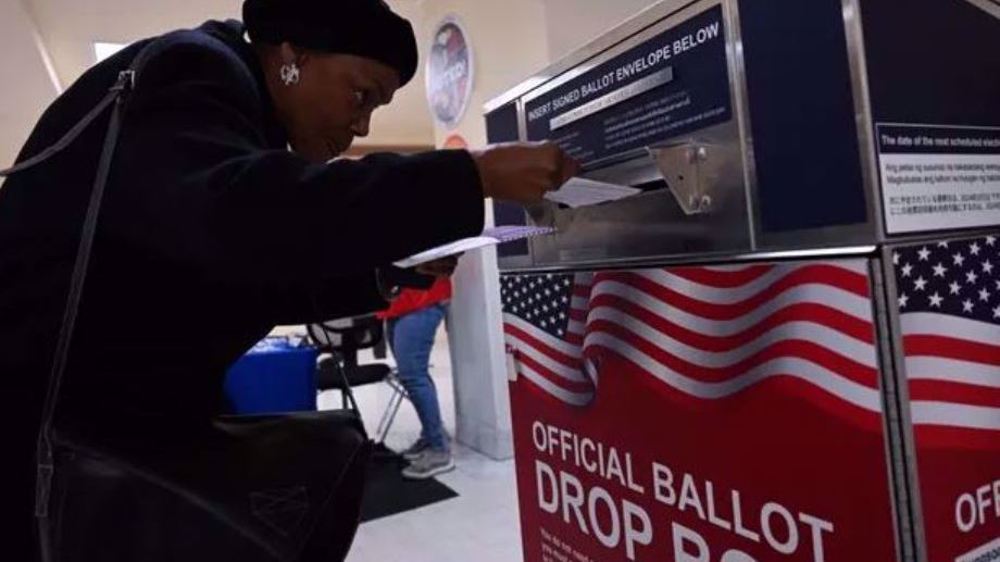GOP senators propose amendments to Corker-Menendez legislation
US Republican senators have proposed amendments to legislation giving Congress a vote on a nuclear agreement with Iran, with Senator Marco Rubio attempting to tie Israel to the controversial bill.
According to sources, Rubio, the first-term senator from Florida, is pushing for an amendment that would make “recognition of Israel” part of the legislation, sponsored by Senators Bob Corker and Robert Menendez.
Under Rubio’s proposal, Iran would have to publicly recognize the Israeli regime.
Last week, Israeli Prime Minister Benjamin Netanyahu said that a final nuclear agreement with Iran must include a "clear and unambiguous Iranian recognition of Israel's right to exist."
US President Barack Obama, however, said on Monday that recognition of Israel cannot be a part of the nuclear agreement with Iran.

Obama said that requiring Tehran to recognize Israel is a "fundamental misjudgment".
But Rubio is reportedly planning to formally bring up the amendment next week, when senators are scheduled to vote on the legislation that would prevent the Obama administration from lifting sanctions against Iran until Congress reviews a nuclear deal.
Rubio, who is likely to announce whether he will run for the White House in 2016 on Monday, has said that he would “absolutely” defy Washington’s European allies if necessary to revoke any Iran nuclear agreement reached during the Obama administration if he was elected as the US president.
The Cuban American senator isn’t the only Republican pushing for changes to the legislation that could threaten Democratic support ahead of Tuesday’s vote.
Senator Johnny Isakson is planning to tie compensation for Americans who were held hostage in Iran from 1979 to 1981 to the Corker-Menendez legislation.

The Georgia Republican has filed two amendments to Iran legislation that would “ensure that resolving the issue of compensation for hostages is considered” prior to any nuclear agreement between Iran and the P5+1 group of countries.
American political scientist Dr. Wilmer Leon told Press TV Friday that Isakson’s push for obtaining compensation for the former hostages is aimed at derailing the negotiations between Washington and Tehran over its nuclear energy program.
Dr. Leon said that “the timing of this of course is a bit troublesome, because the White House has been saying from the very beginning the nuclear issues, the nuclear negotiations with Iran are the sole issues being considered here.”
“One has to wonder if this is now being added into the dialogue (and) if Isakson’s issue is as issue of more derailing the negotiators or truly seeing compensation for the individuals that were held hostage,” he said.
John Barrasso, the junior senator from Wyoming, also filed four amendments that would require Obama to prove that any money from sanctions relief would not help Iran’s ability to help resistance groups fighting against Israel’s occupation, or funds go toward ballistic missiles.

Iran and the P5+1 group – the US, Britain, France, China, Russia and Germany – reached a landmark framework agreement over Tehran’s nuclear program in Switzerland on April 2. The two sides will now work to draft a final accord by the end of June.
Democrats have called on lawmakers to oppose the proposal in order to allow negotiators the space to work out the final details ahead of June 30, the deadline for the P5+1 and Iran to reach a final accord.
“Diplomacy has taken us to a framework agreement founded on vigilance and enforcement, and these negotiations must be allowed to proceed unencumbered," House Minority Leader Nancy Pelosi said on Wednesday.
“Senator Corker’s legislation undermines these international negotiations and represents an unnecessary hurdle to achieving a strong, final agreement,” she added.
On Wednesday, Obama called Senate Foreign Relations Committee Chairman Bob Corker to try to dissuade him from pushing the legislation.

The US president reportedly told Corker “this principled approach to diplomacy is the best way” to resolve the Iranian nuclear issue.
GJH/GJH
UK police detain Jewish scholar Haim Bresheeth following pro-Palestine address
VIDEO | Iraqi resistance strikes key Israeli targets in occupied territories
VIDEO | Press TV's news headlines
Iranian satellites launched into space as private sector debuts in space industry
VIDEO | Iran, Azerbaijan conduct joint maritime rescue operations
VIDEO | Yemen’s Red Sea divide: Naval forces block Israeli-linked ships in strategic ‘parting of the water’
VIDEO | Southern Gaza: Israel’s facade for famine and suffering
VIDEO | IOF hampering humanitarian aid










 This makes it easy to access the Press TV website
This makes it easy to access the Press TV website